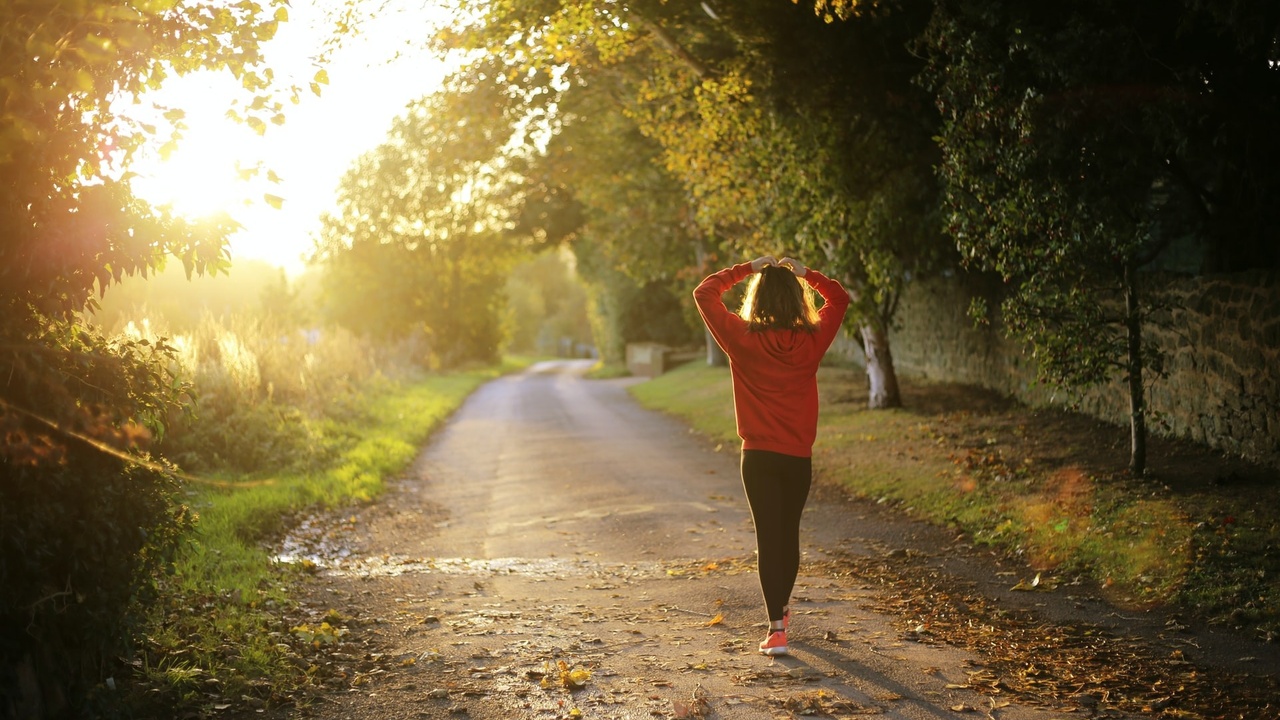Is sustainable wellbeing the answer to eco-overwhelm?

So many of us feel a deep desire to create change in the world, but it is often just such an enormous task that we can feel paralyzed with overwhelm. We can feel like we don't have the energy in our day to add something else and yet know that the world needs to shift to be more sustainable, to make real systemic change to deal with the climate crisis, species loss, and the plastic pollution crisis.
When we feel this way it means that we don't know where to begin, and when we do take action it might not feel right or like something that we can keep up for the long run. That's where Sustainable Wellbeing comes in. This is exactly the place where we need to focus on the benefits of finding actions that align with living well for the planet, for society and for our personal wellness.
That is the concept of Sustainable Wellbeing.
So, how do we get there?
Let’s first start with sustainability. The concept of sustainability can be vague.
When we think about the word sustainable, the Merriam-Webster Dictionary defines it as “a method of harvesting or using a resource so that the resource is not depleted or permanently damaged.”
In the context of environmental sustainability, as taken from the Brundtland Commission Report in 1987, sustainability means, “meeting our own needs without compromising the ability of future generations to meet their own needs.”
Now you might be wondering how this relates to the concept of “wellbeing”.
Merriam Webster defines “wellbeing” as the state of being happy, healthy, or prosperous. Countries have been using Gross Domestic Product (GDP), Gross National Product (GNP). However, from the start, it was recognized that wellbeing goes beyond these economic indicators.
Then came the development of the Human Development Index (HDI), as well as Gross National Happiness (GNH) to measure the wellbeing of citizens in countries around the world. As we consider these questions, the issues of personal wellness and ecological health can be intertwined.
Plenty of research shows that we do better when we are in a healthy ecosystem and also have strong social supports in place. When we add these concepts to the understanding of personal wellness, then we begin to see the bigger picture of how the various areas are interrelated.
What does Sustainable Wellbeing look like?
It means living our daily lives in deeper connection with our own biological and emotional connection to the natural world, and working to create systems that build social and ecological resilience.
On the ground, this means working towards a world in which all people have access to healthcare and education. Where economic development is not built on the degradation of the natural world or the exploitation of humans.
This is where we have green jobs, where Indigenous rights are upheld, and where women have rights over their own bodies. Where we take action on climate change and have sustainable fisheries and affordable housing, transportation and daycare.
This is a part of what Sustainable Wellbeing looks like. It means that we have flourishing ecosystems, societies and personal wellbeing. When the actions that support one of those domains also support the other domains.
Sounds pretty great right? The risk of course, is that we have these ideals that we work towards but that we forget that caring for our own personal wellness is actually a part of the mix.
That really is key to getting this work done. We must realize that we too are beings of nature, and as such, deserve to be cared for. It absolutely is a part of Sustainable Wellbeing to care for our physical, mental and spiritual wellbeing in ways that are positive for the planet and society.
But, it needs to be with actions that really make a positive impact for not just us, but also for the world. But, when you look at your lifestyle a little more closely, it is actually not that difficult. Here is what wellbeing looks like from this lens:
- down-time means a walk in nature or a bike-ride with a friend
- a coffee date means buying Fair-Trade coffee in a reusable cup
- vacation means opportunities to support local sustainable businesses and learn about different places in the world
- a healthy meal means eating local and in-season whole foods
When you look at it this way, sustainable wellbeing practices are within reach, if we choose to look for the opportunities, and reflect on how our actions align with our values on a day-to-day basis.
If you are interested in this topic, I would love to help you get started with implementing further. Please have a look at the resources below, or if you would like to book a call to find out about the Eco-Impact Academy to see if it might be a fit for you, just reach out and book a call.
More Resources on Sustainable Wellbeing:
Stay connected with news and updates!
Join my mailing list to receive the latest news and updates. Your information will not be shared.







